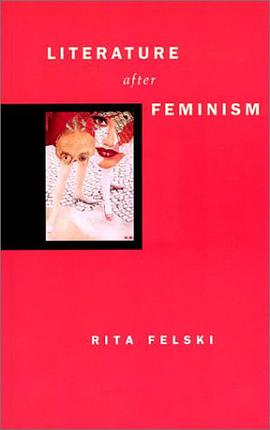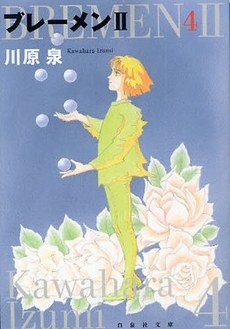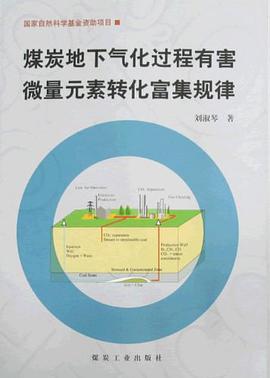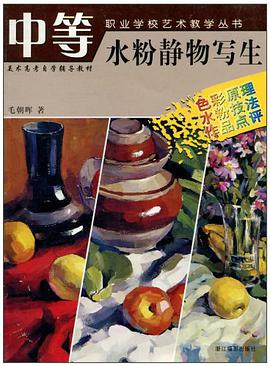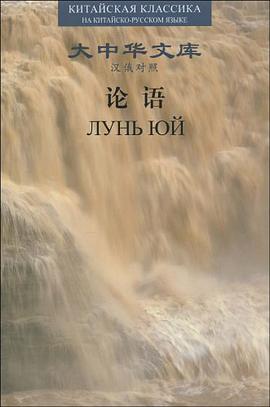

具體描述
This study looks at the lives of the most famous "wild children" of eighteenth-century Europe, showing how they open a window onto European ideas about the potential and perfectibility of mankind. Julia V. Douthwaite recounts reports of feral children, such as the wild girl of Champagne (captured in 1731 and baptized as Marie-Angelique Leblanc), and offers a fascinating glimpse into beliefs about the difference between man and beast, and the means once used to civilize the uncivilized. A variety of educational experiments failed to tame these feral children by the standards of the day. After telling their stories, Douthwaite turns to literature that reflects upon similar experiments to perfect human subjects. Her examples range from utopian schemes for progressive childrearing to philosophical tales of animated statues, from revolutionary theories of regenerated men to Gothic tales of scientists run amok. Encompassing thinkers such as Rousseau, Sade, Defoe, and Mary Shelley as well as many lesser-known diarists, journalists, scientists, and novelists, Douthwaite shows how the Enlightenment conceived of mankind as an infinitely malleable entity, first with optimism, then with growing apprehension. Exposing the darker side of eighteenth-century thought, she demonstrates how advances in science gave rise to troubling new ethical concerns, as parents joined scientists and politicians in trying to perfect mankind - with disastrous results.
著者簡介
圖書目錄
讀後感
評分
評分
評分
評分
用戶評價
相關圖書
本站所有內容均為互聯網搜索引擎提供的公開搜索信息,本站不存儲任何數據與內容,任何內容與數據均與本站無關,如有需要請聯繫相關搜索引擎包括但不限於百度,google,bing,sogou 等
© 2025 book.quotespace.org All Rights Reserved. 小美書屋 版权所有


